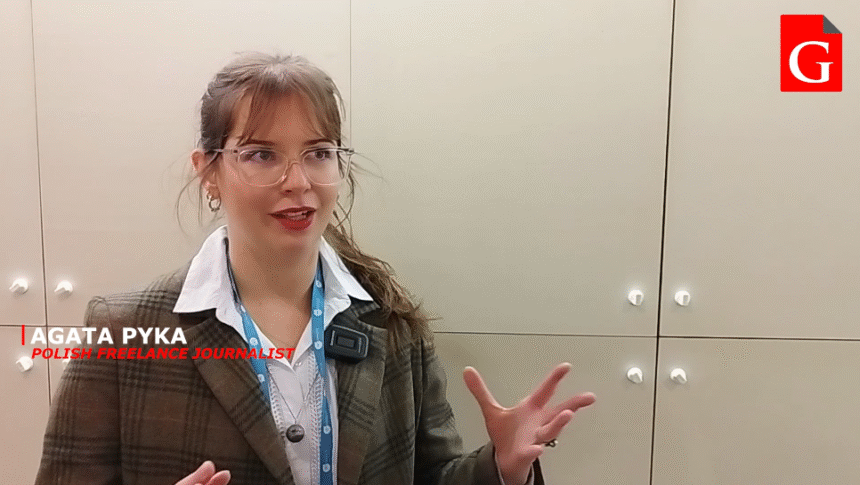Russia continues to exert influence across Europe through fake content, bots, and coordinated operations such as “Operation Doppelganger,” Polish journalist Agata Pyka told The Geopost in an interview.
According to Pyka, Moscow is not using new tactics but relies on older, proven strategies that exploit deep internal polarization within European societies. She emphasized that Russian anti-EU, anti-Ukraine, anti-LGBT, and anti-immigrant narratives are often amplified by domestic far-right political actors, which makes foreign interference more dangerous and harder to combat.
“Russia doesn’t have to do much because these narratives are already being amplified domestically,” Pyka said. “That’s a serious threat that’s difficult to target.”
Regarding disinformation trends, Pyka noted that attempted Russian influence has remained consistent over the years, without major escalation. Operations like Doppelganger, which clone legitimate media websites and insert false content, continue to deceive readers who believe they are engaging with trusted sources.
Asked about current narratives, Pyka said the themes remain largely the same — anti-EU, anti-Ukrainian, anti-LGBT, and anti-immigrant rhetoric — reflecting Russia’s strategy of exploiting existing social and political divisions rather than introducing new ideas.
When addressing how media outlets in the Balkans can defend against Russian disinformation, Pyka advised caution and balance:
“It’s important to cover disinformation and foreign interference without amplifying them,” she said. “If we ignore them completely, they spread unchecked; if we highlight them too much, we risk amplifying them ourselves.”
She pointed to Poland’s “electoral umbrella” initiative, an election protection plan designed to counter disinformation, as a positive example.
“It was a successful first step and could serve as a model for other states,” Pyka concluded.







